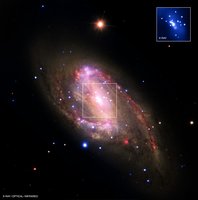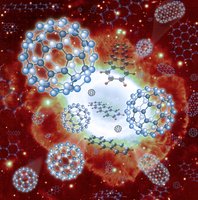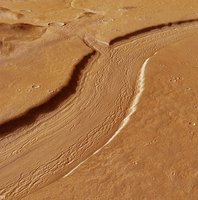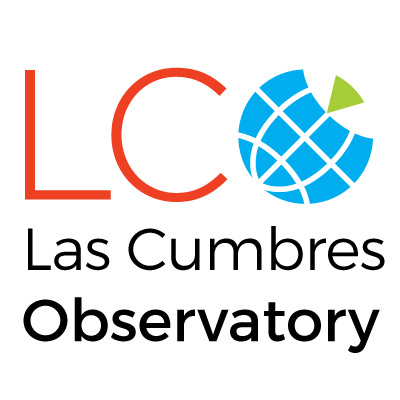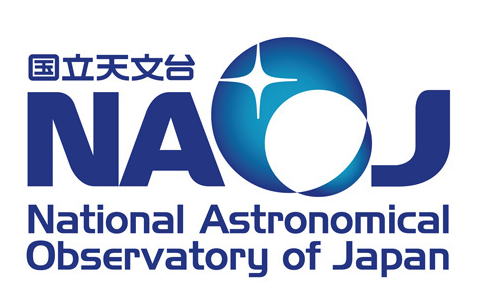Why don’t you go out and see this constellation for yourself? There are plenty of websites show you what is in your night sky. One example is ‘Planetarium’, which you can view at http://neave.com/planetarium/.
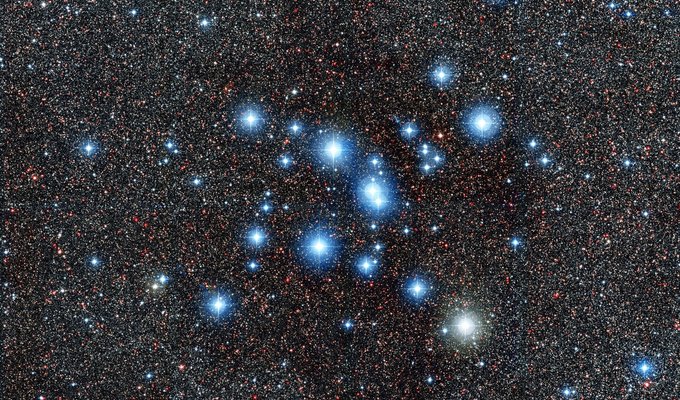
Unlike many other subjects, like history and mathematics, science doesn’t have to be learnt from a book, you can really experience it. After all, science is the study of the world around us.
So, how can you “experience” astronomy? Well, like all areas of science, by making observations. Take Messier 7, the cluster of stars in this photograph, it can be seen easily with the naked eye. You will find the cluster in the “stinger” of the constellation many of us know as Scorpius (the Scorpion).
I say ‘many of us’ because the constellations are like secret agents, they take on many different names and characters as you travel around the world. For example, in Indonesia the Javanese people call Scorpius ‘the leaning coconut tree’. And native tribes in South America see the stars of the constellation in the shape of a ‘water snake’.
A scorpion is perhaps this constellation’s oldest identity, however. It was first used in Sumer, a civilization that existed 5000 years ago!
An interesting feature in this picture is the cosmic dust streaking across the background. It’s tempting to assume this is leftover from the gas cloud that formed Messier 7, but the streaks actually have nothing to do with those stars at all.
The Milky Way Galaxy has made almost a full rotation since this cluster formed 200 million years ago. The movement of the Galaxy will have shuffled and reorganized the stars and dust quite a lot, separating and scattering the dust over the millennia.






